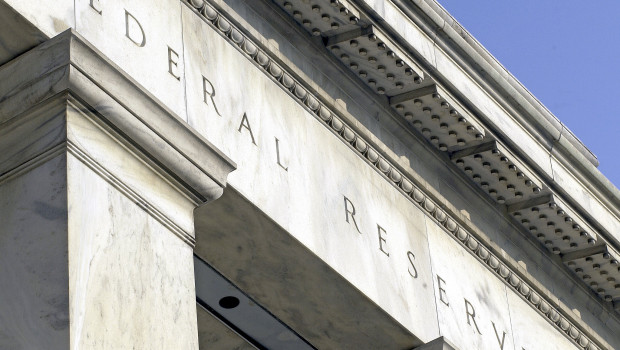
Source: Sharecast
According to the Department of Commerce, in seasonally adjusted terms personal incomes grew at a month-on-month pace of 0.4% (consensus: 0.4%).
Personal consumption expenditures meanwhile were up by 0.7% (consensus: 0.5%), following a 0.6% rise during the previous month.
As a result, the personal savings rate fell from 4.1% for November to 3.8% in December.
Regarding inflation, the annual rate of increase in the price deflator for personal consumption expenditures decreased from 2.8% to 2.6%.
At the core level, which excludes food and energy, prices were unchanged at 2.8% year-on-year.
Both headline and core PCE rose as expected by the consensus.
Paul Ashworth at Capital Economics was somewhat upbeat on the outlook for prices.
He noted how the quarterly annualised pace of core PCE inflation slipped back to 2.2% in December and to 2.3% in six-month annualised terms.
"A lot now depends on whether we see any repeat of the surge in prices at the start of last year. If we are right in our belief that there is no residual seasonality at work, then the annual core PCE inflation rate should fall markedly over the first few months of this year," he explained in a research note sent to clients.
"Beyond that, however, the growing risk that Trump will impose tariffs a little earlier than we are assuming presents an upside risk to inflation."